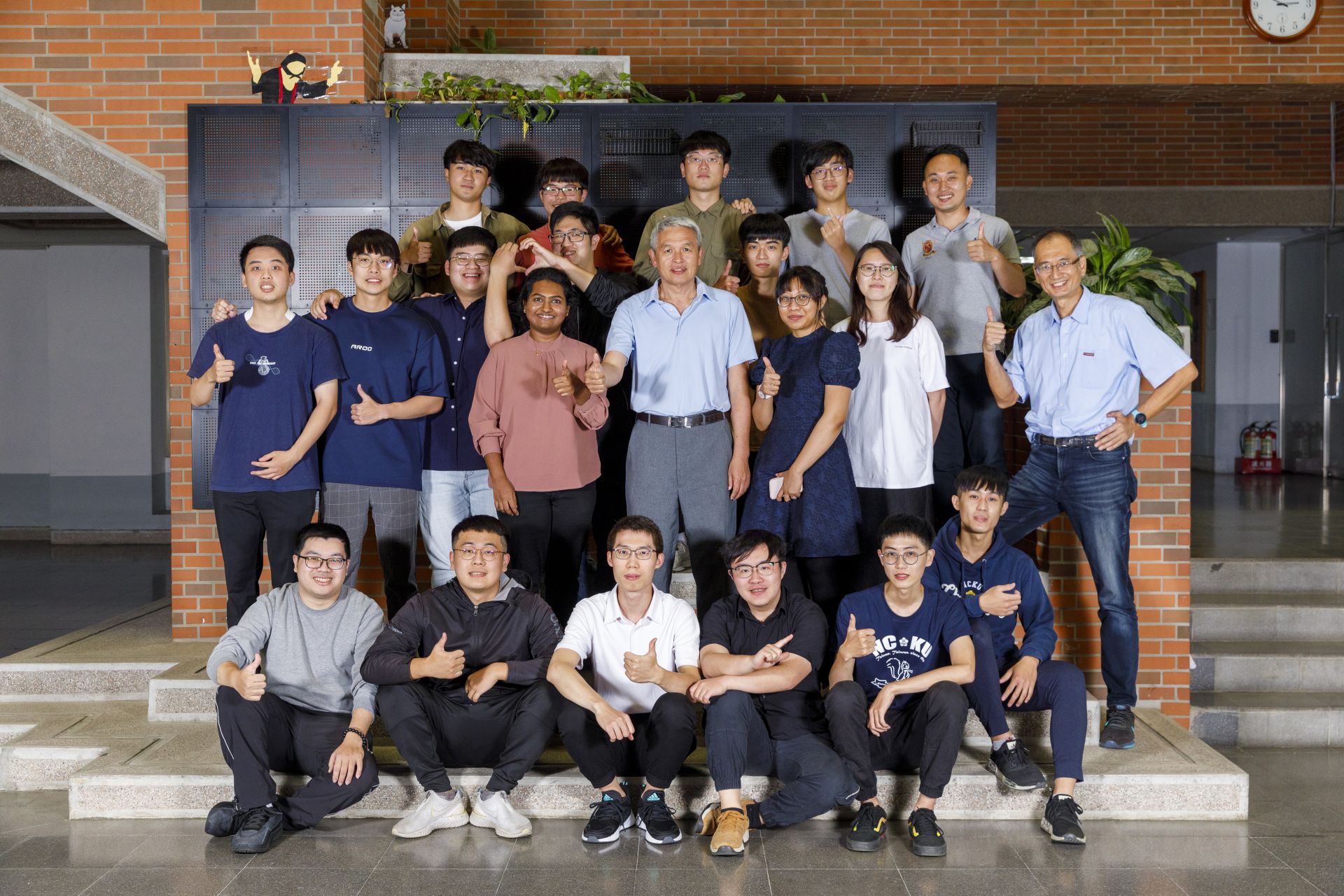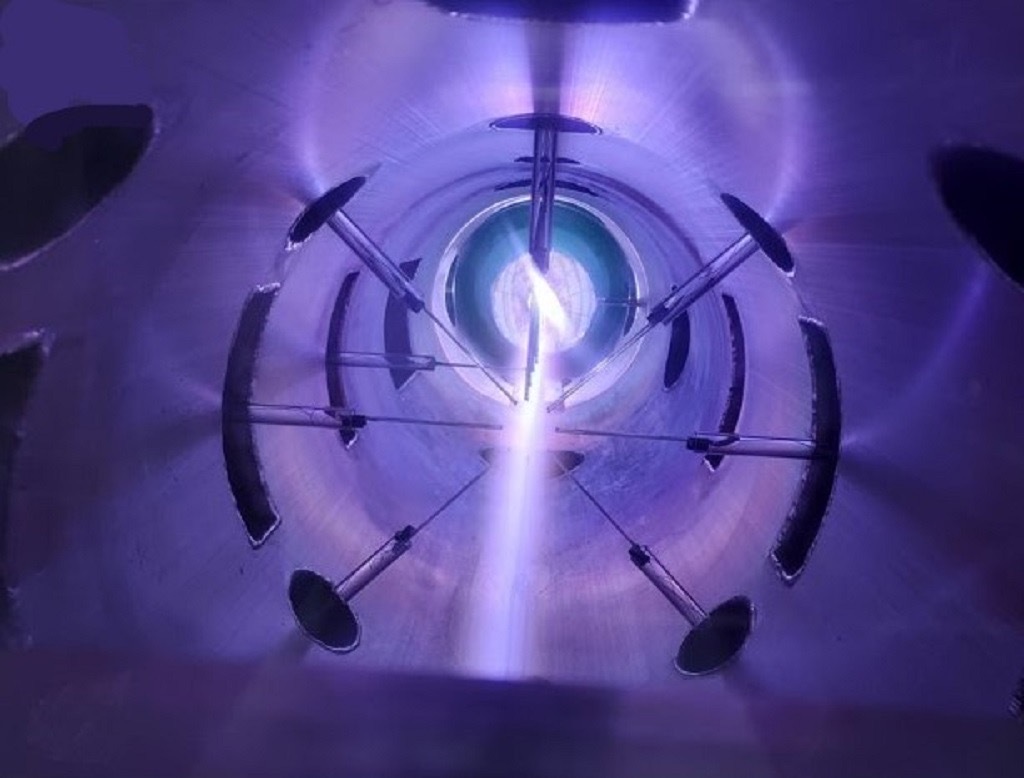2024 NCKU Sports Technology Forum and Technology Exhibition - Image Analysis Applications in Sports Technology Report.
The morning forum took place at the College of Management of NCKU, with the first session focusing on "The Sports Technology Industry and Future Development." Dr. Yeu-Shiang Huang, Dean of the College of Management, served as the moderator, with speakers including Professor Zi-Yuan Xiang, Director of the National Sports Science Center, Director Han-Chuan Hsieh from the Sports Information Development Department of the National Sports Science Center, and General Manager Huang Jinlai from the Giant Machinery Research Center. They shared examples of interdisciplinary integration of sports and technology, such as the introduction of AI technology to assist athletes in experiencing training methods different from traditional approaches. Director Han-Chuan Hsieh demonstrated how the Sports Information Development Department utilizes AI technology to train shooting athletes, capturing data from main competitors and generating event reports, providing athletes with real-time feedback and simulating opponents' performances on screens, thereby achieving an immersive training experience.
The second forum, "Application of Image Analysis in Sports Technology," was moderated by Secretary-General Hong-Da Qiu from the National Sports Science Center, with presentations from Professor Tsang-Hai Huang from the Department of Sports, Health, and Leisure Studies at NCKU, and Professors Jenn-Jier Lien and Wei-Ta Chu from the Department of Computer Science and Information Engineering. They discussed various applications of image analysis technology in sports, including teaching aids for physical education and real-time analysis during sports events.
The afternoon technology exhibition, held at NCKU, featured 17 booths showcasing a wide range of applications in baseball, basketball, volleyball, fitness, fencing, archery, cycling, swimming, and more. One notable collaboration involved the development of a baseball base-running analysis system by the Laboratory of the Department of Computer Science and Information Engineering at NCKU, the Laboratory of Ball Control at Southern Taiwan University of Science and Technology, and the grassroots baseball promotion association. This system measures base-running stride and angle to improve athletes' speed.
Coach Feng-Bin Xu, chairman of the grassroots baseball promotion association and a former professional baseball player, stated, "Through such technological testing, coaches and athletes can discuss data and make adjustments to their actions, thus laying the foundation for systematic base-running training."
Value is added to sports data, allowing talent to be recognized. Jingletek Co. Ltd., dedicated to popularizing sports data, showcased its flagship product, Smart Baseball, which measures ball speed and spin rate using sensors installed in baseballs. They plan to invite MLB Draft Combine to Taiwan for the first time in June, using data to evaluate players objectively.
NCKU also demonstrated its commitment to sports technology development. The CATS Laboratory in the Department of Electrical Engineering developed an assisted training system based on machine learning for analyzing squatting movements, helping fitness trainers guide clients in proper squatting techniques.
Professor Hsien-Che Huang from the Department of Physical Education, Professor Sheng-Chih Shen from the Department of Systems Engineering, and DUNETEK collaborated on the development of an underwater optical pacing system, enabling swimmers to train for middle and long-distance races with consistent pacing, moving towards ideal uniform speed.
From the morning forum's insights into the integration of sports and technology to the afternoon exhibition showcasing innovative works in the field, the event highlighted the collaborative efforts of academia, industry, and government. This synergistic cycle is driving the advancement of Taiwan's sports industry, continuing to innovate and progress towards the nation's sports development goals.
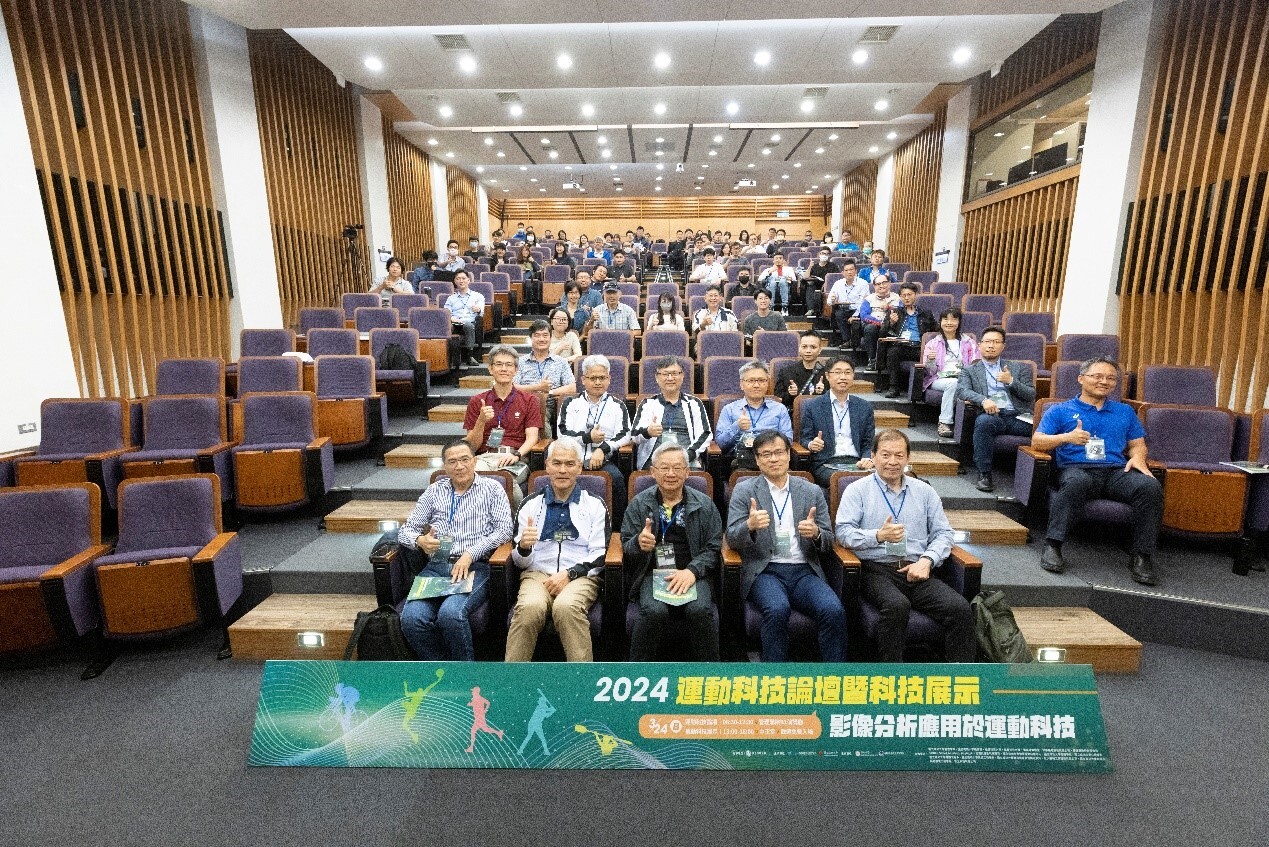
The National Sport Science Center, in collaboration with NCKU, co-hosted the 2024 Sports Technology Forum and Technology Exhibition, which boasted the highest number of participants in its history.
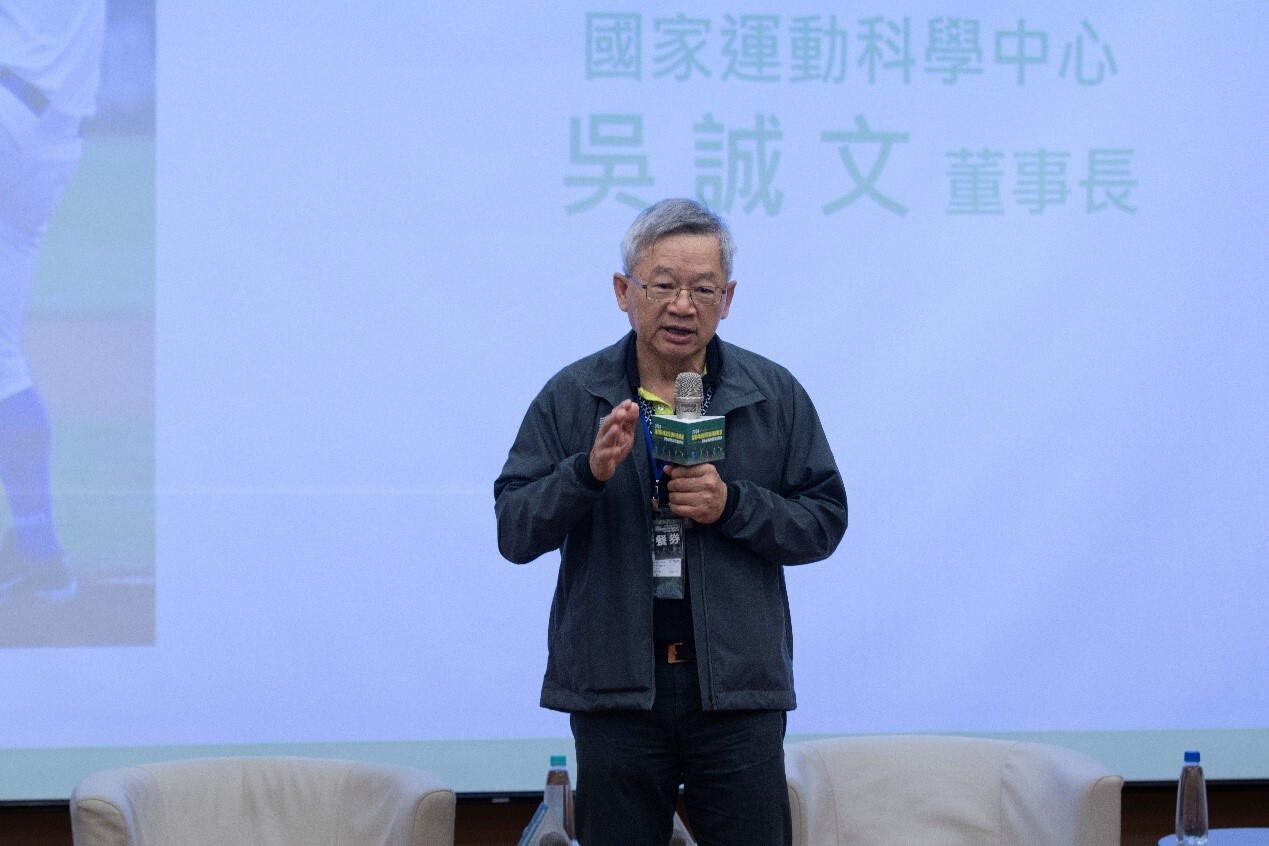
Chairman Cheng-Wen Wu of the National Sport Science Center stated that "establishing a national sports database to promote public health enhancement" is a major mission of the center.
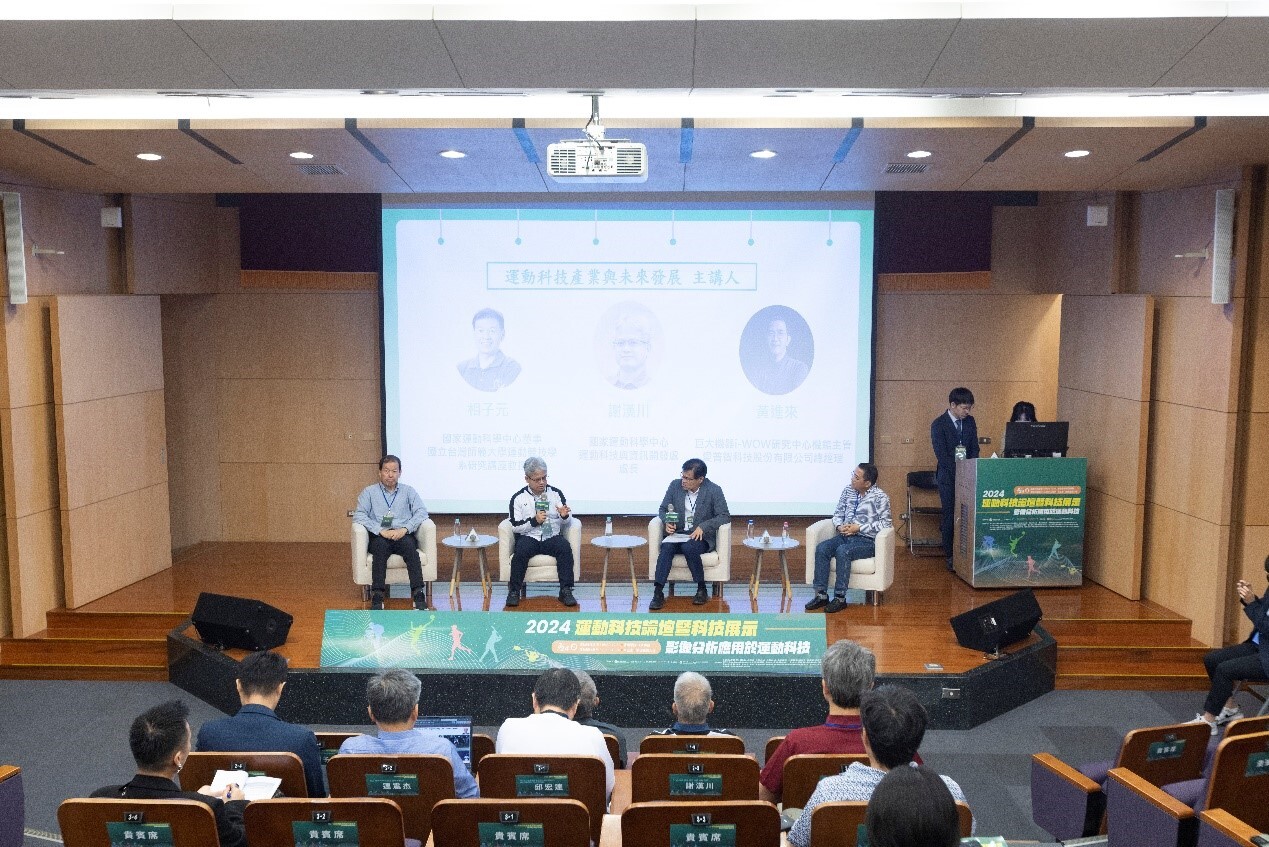
The first session is titled "Sports Technology Industry and Future Development."
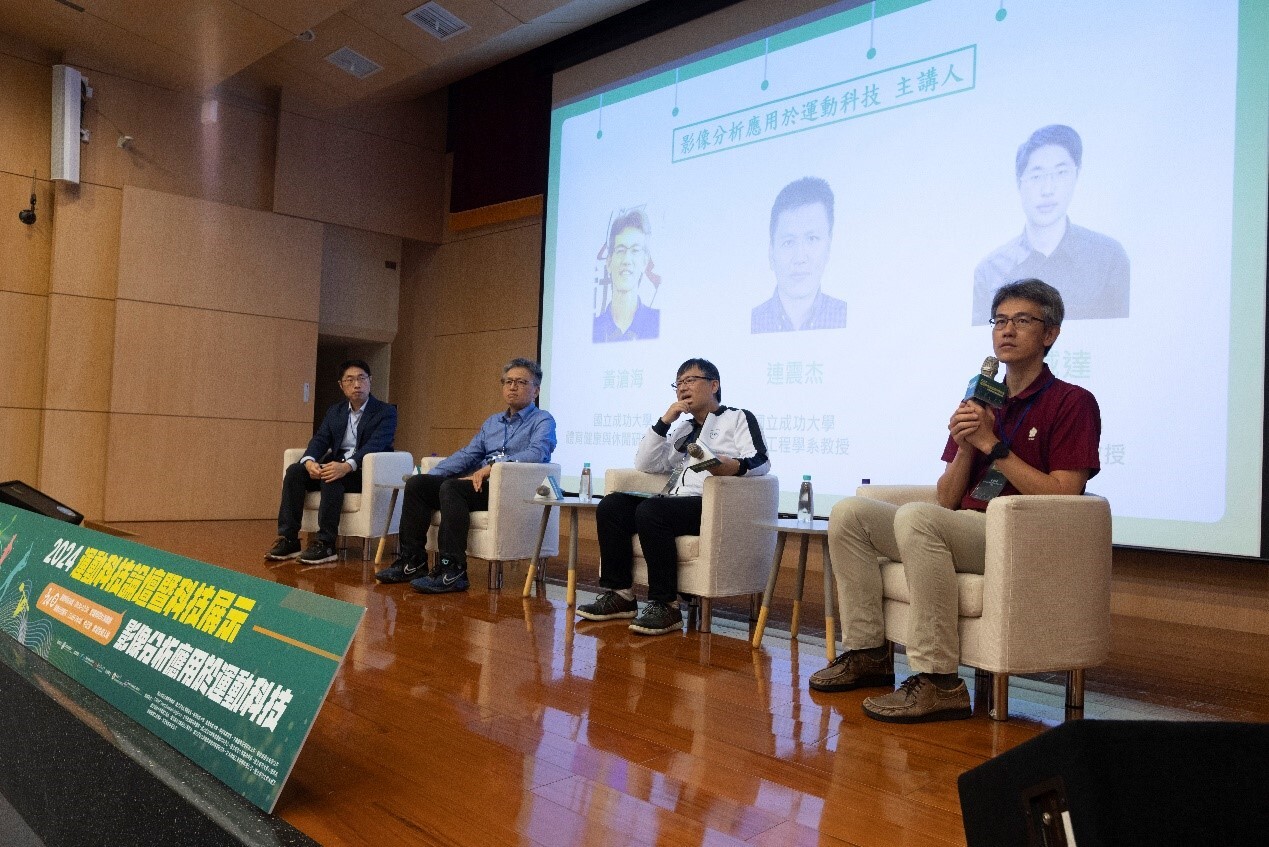
The second forum is titled "Application of Image Analysis in Sports Technology."
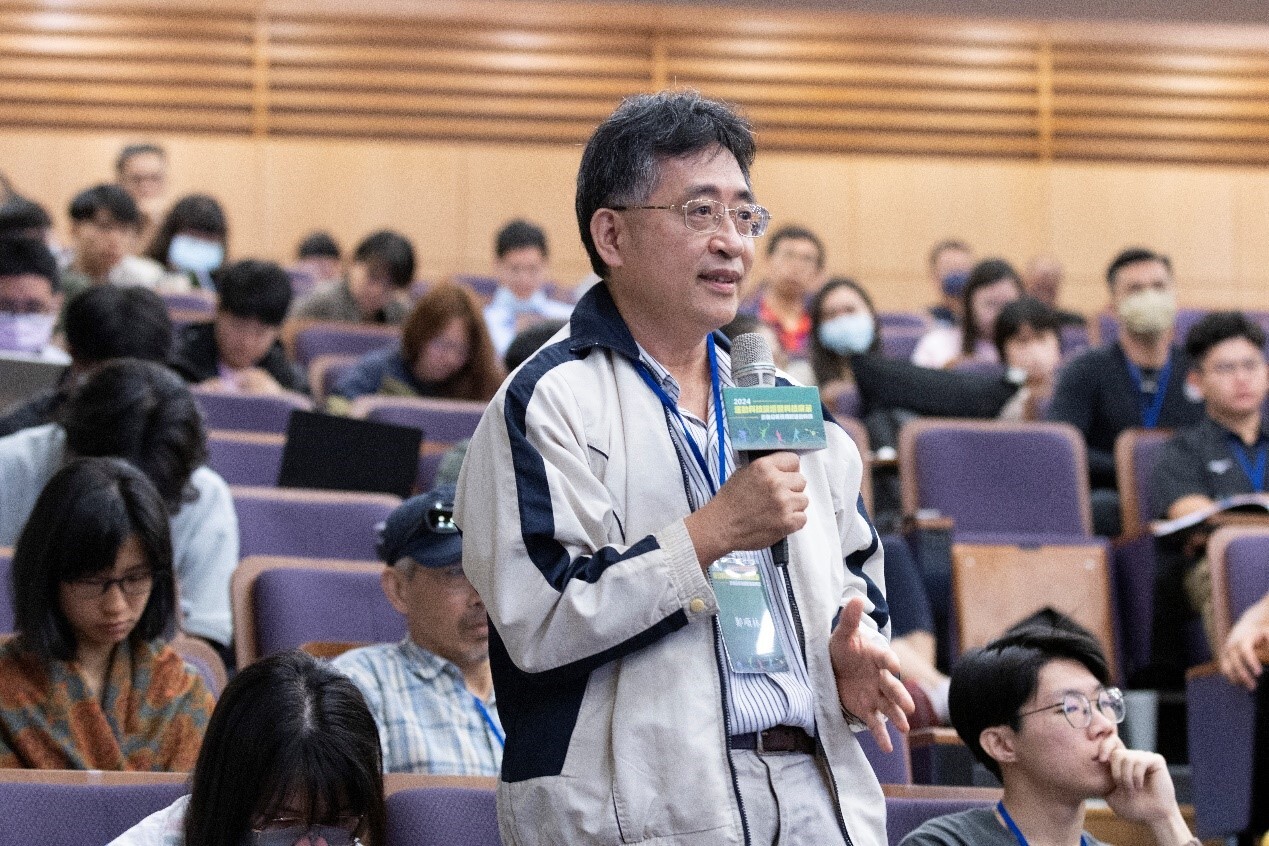
During the morning forum, attendees took the opportunity to actively engage in questioning and exchanging ideas with the scholars and experts on stage.
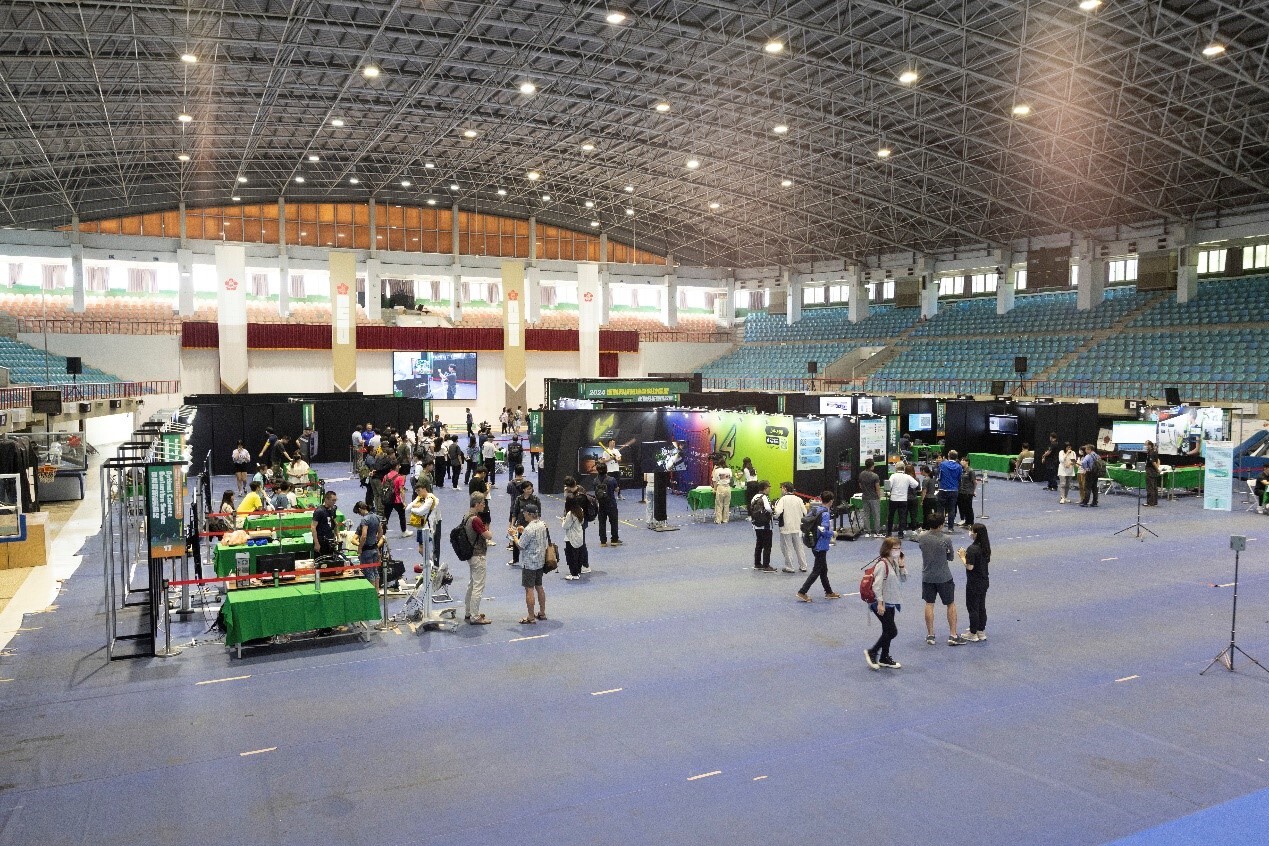
This year, a total of 17 booths were set up in the Zhongzheng Hall for exhibition, marking a multiple-fold increase compared to last year.
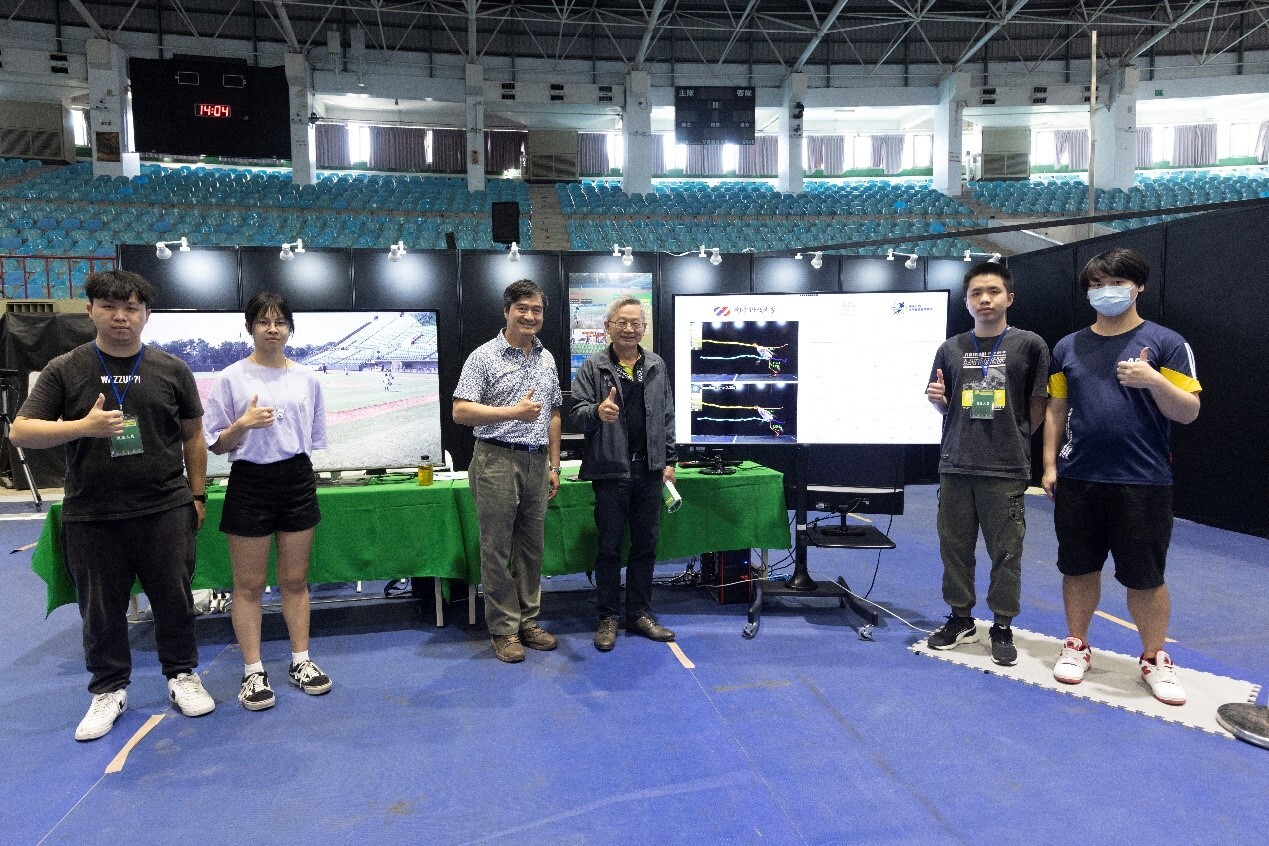
The baseball baserunning technology analysis system designed by the team from Southern Taiwan University of Science and Technology addresses on-field challenges through collaboration among industry, academia, and government, effectively applying the technology in practice.
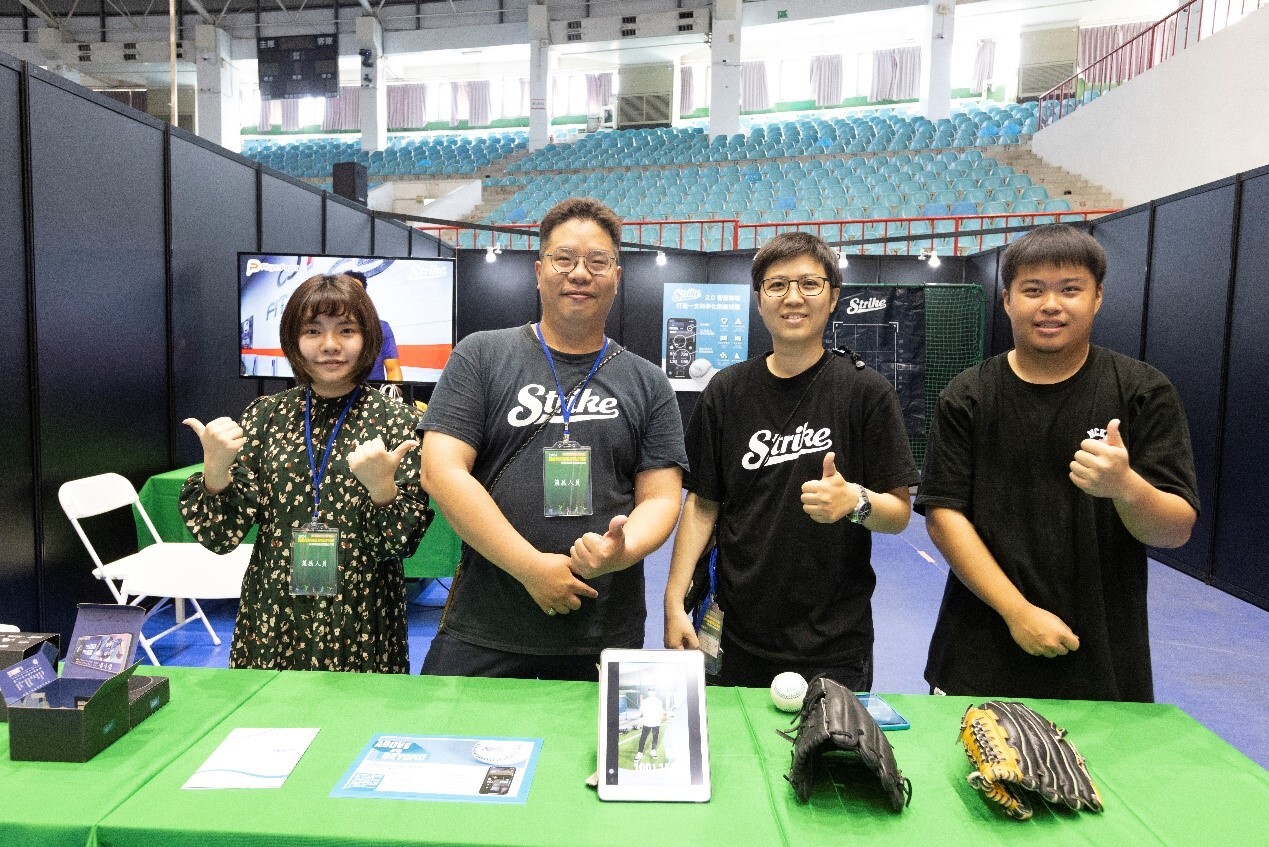
Jingletek Co. Ltd.
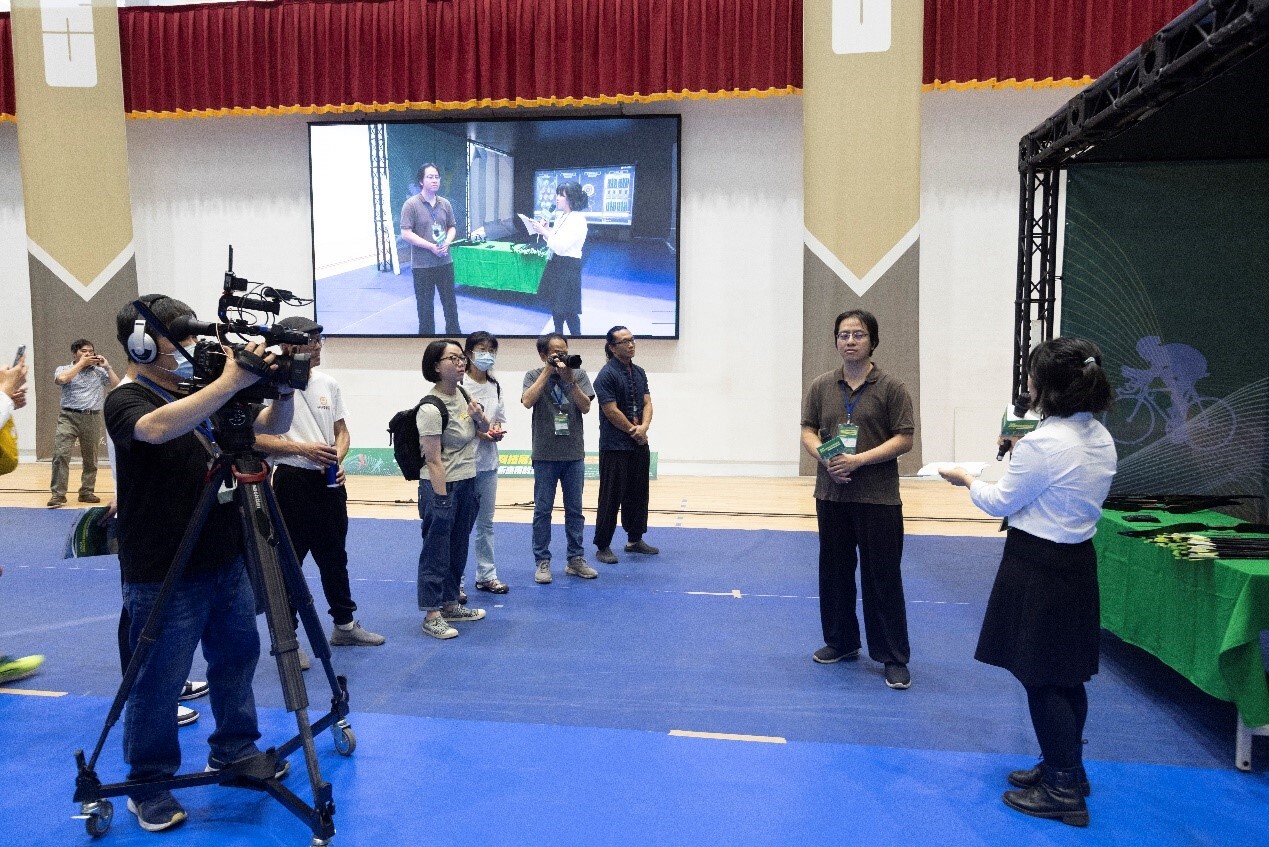
The exhibition has arranged booth explanations for each exhibitor, including PST International Co. Ltd.
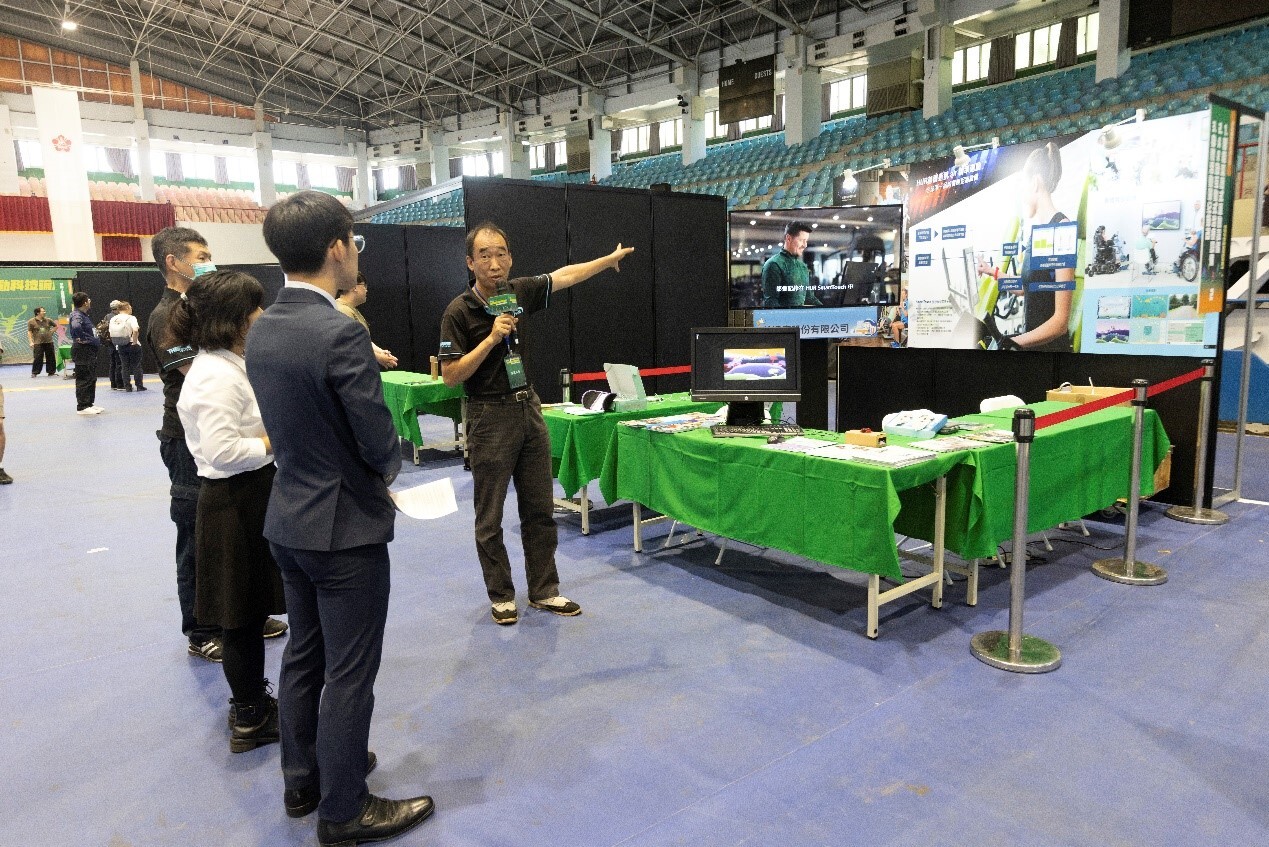
The exhibition has arranged booth explanations for each exhibitor, including ProMedical Co., Ltd.
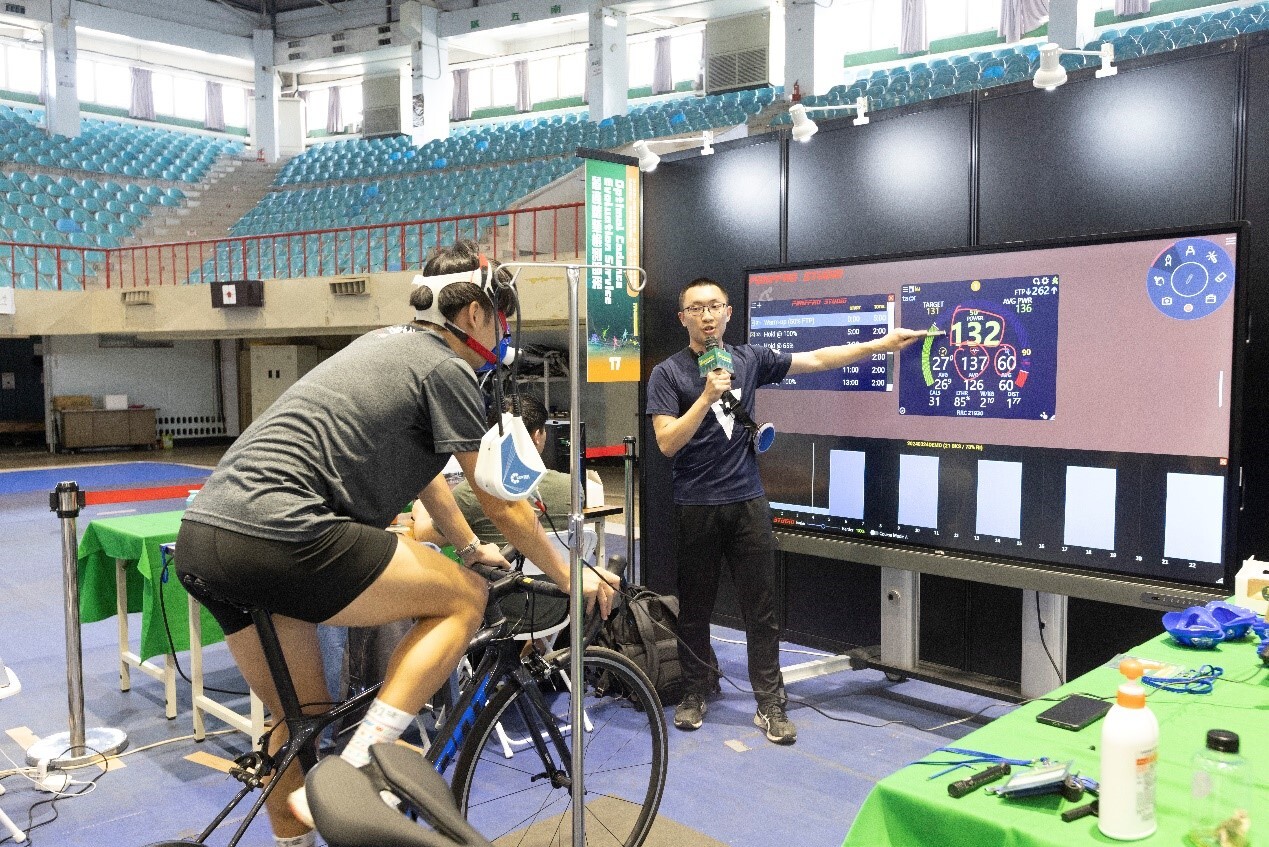
This exhibition will feature booth presentations by Giant Manufacturing Co., Ltd. and the Tsang-Hai Huang Laboratory for Sports, Health, and Leisure.
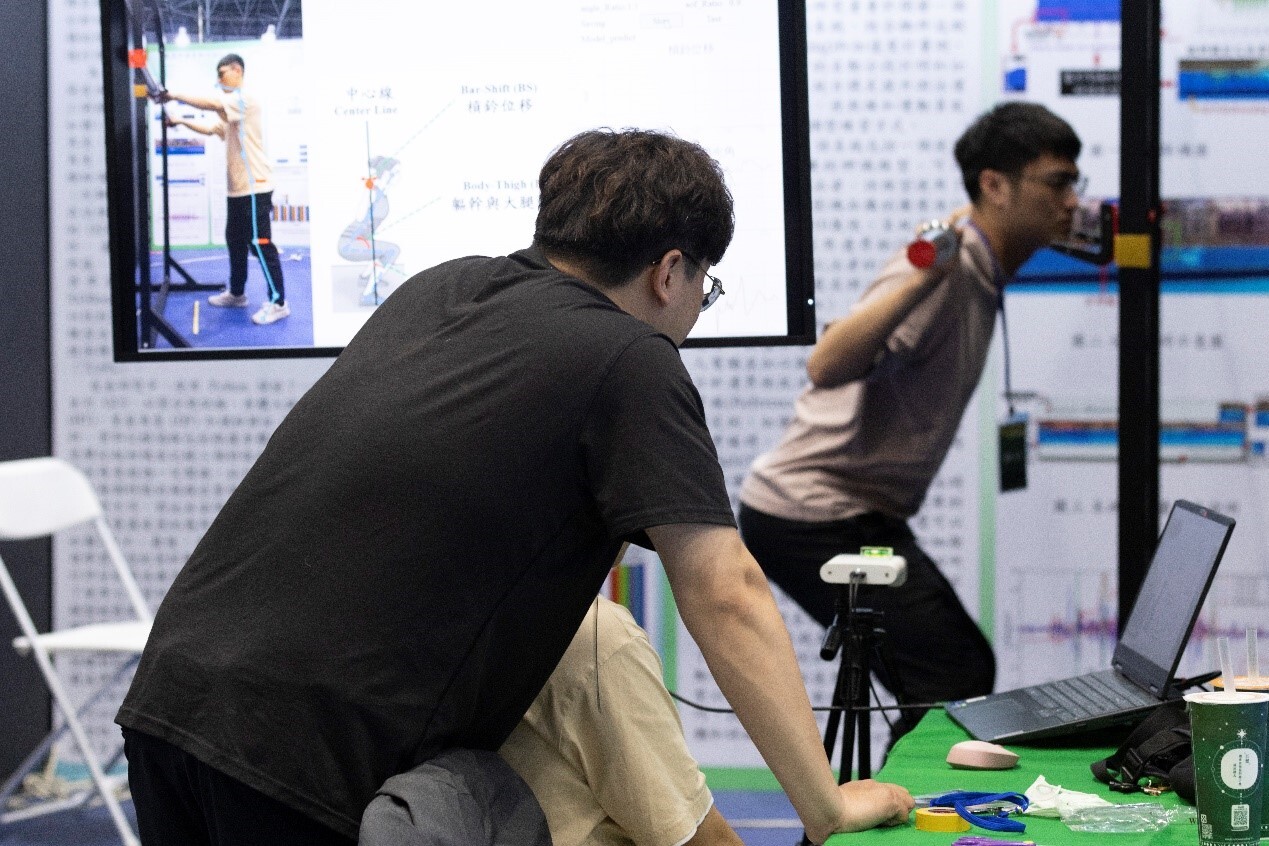
The CATS Laboratory in the Electrical Engineering Department has developed an auxiliary training system for analyzing squatting movements.
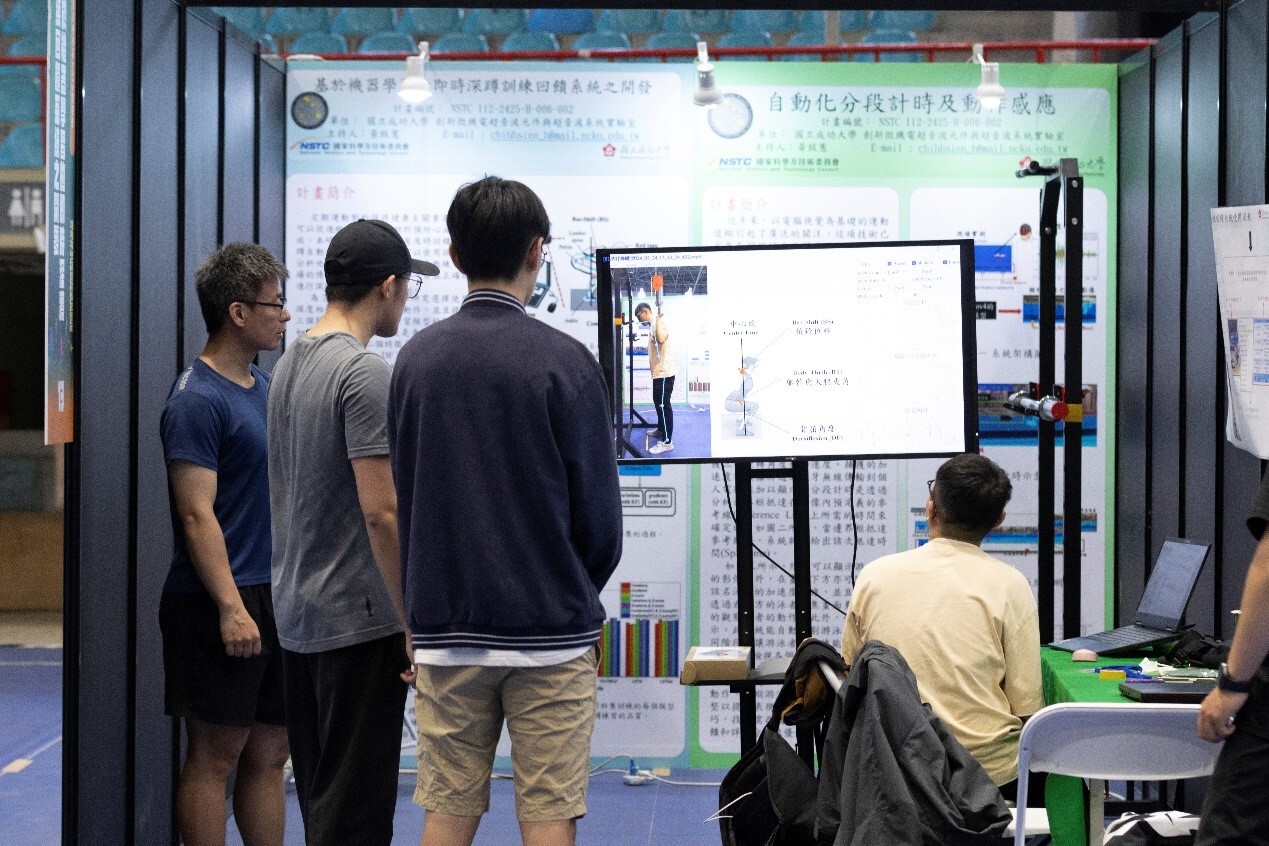
The CATS Laboratory in the Electrical Engineering Department has developed an auxiliary training system for analyzing squatting movements.
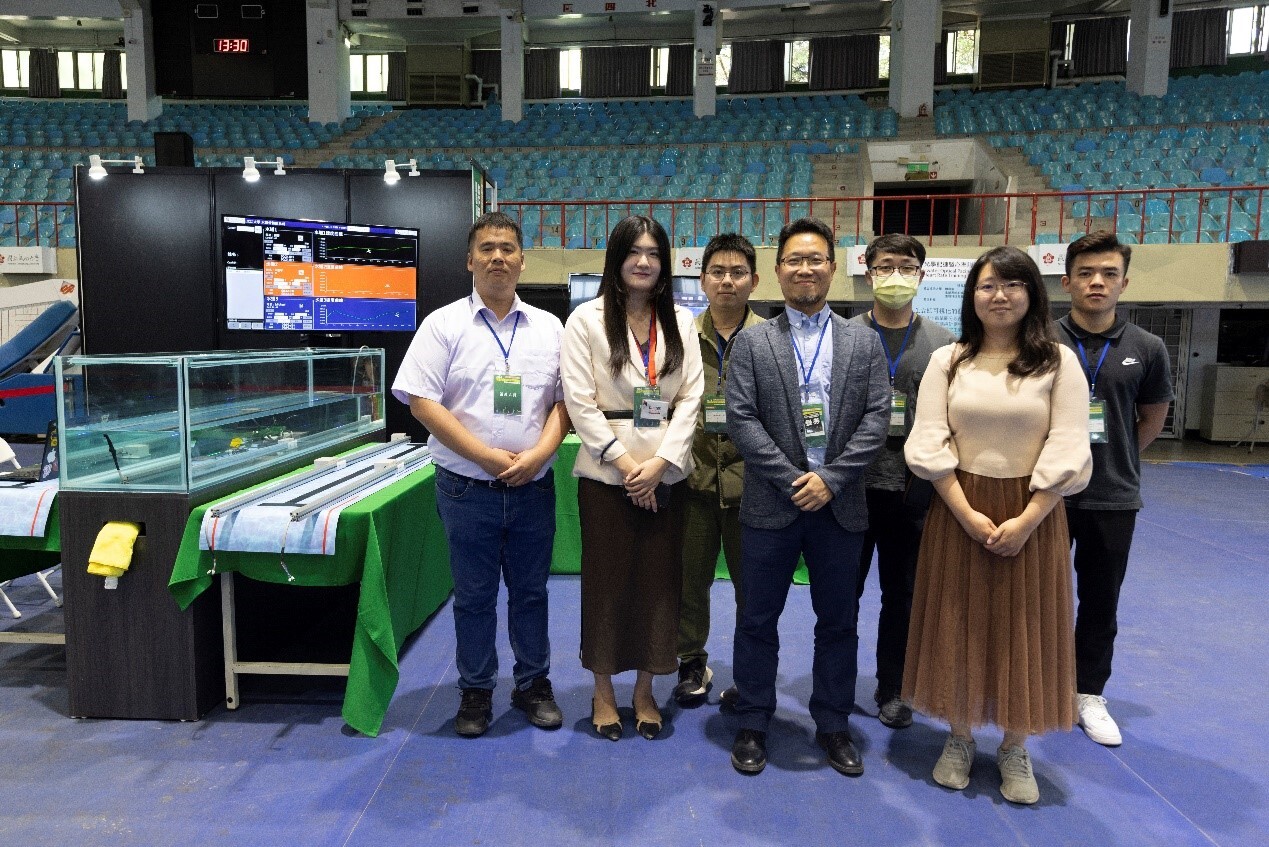
The development of an underwater pacing system aims to assist athletes in enhancing their ability to maintain a consistent pace, potentially boosting the competitiveness of domestic middle and long-distance swimmers.
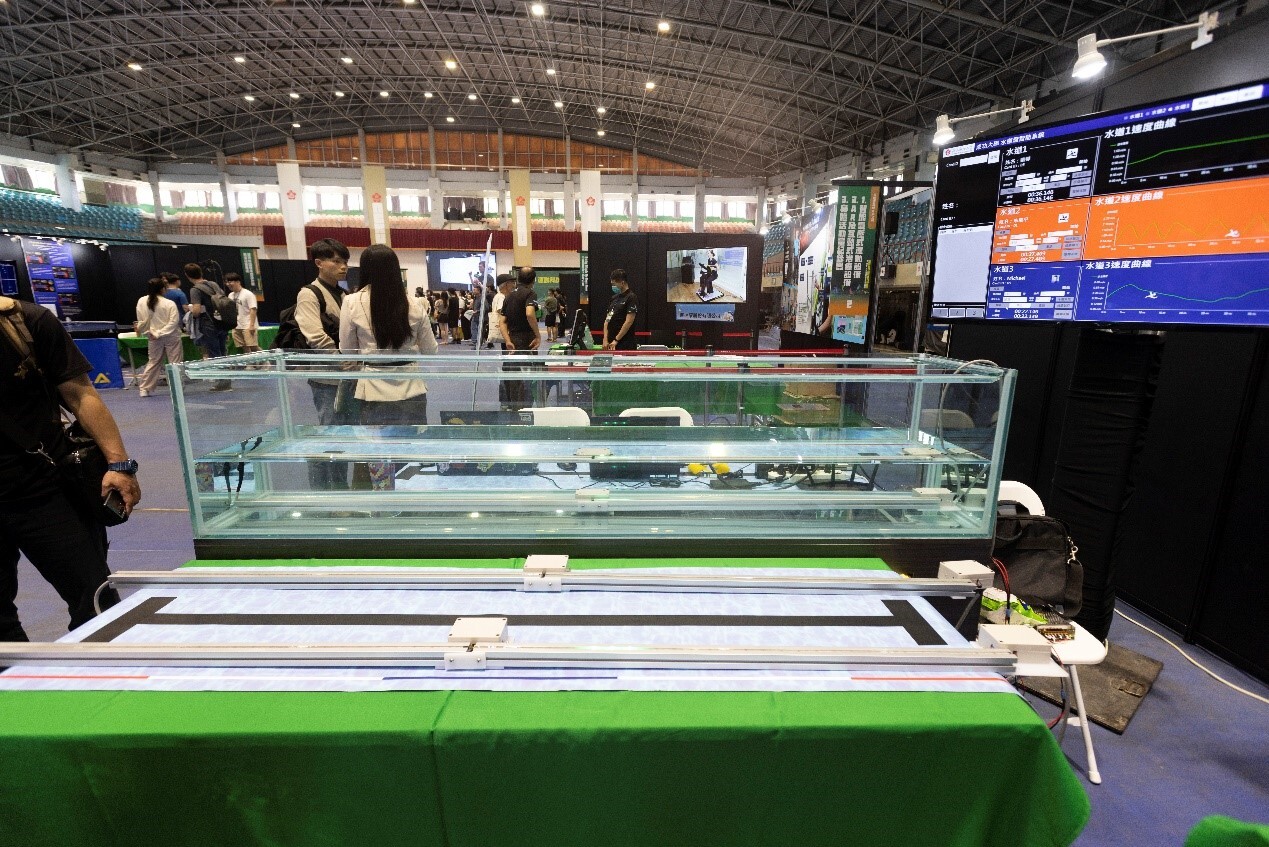
The development of an underwater pacing system aims to assist athletes in enhancing their ability to maintain a consistent pace, potentially boosting the competitiveness of domestic middle and long-distance swimmers.





